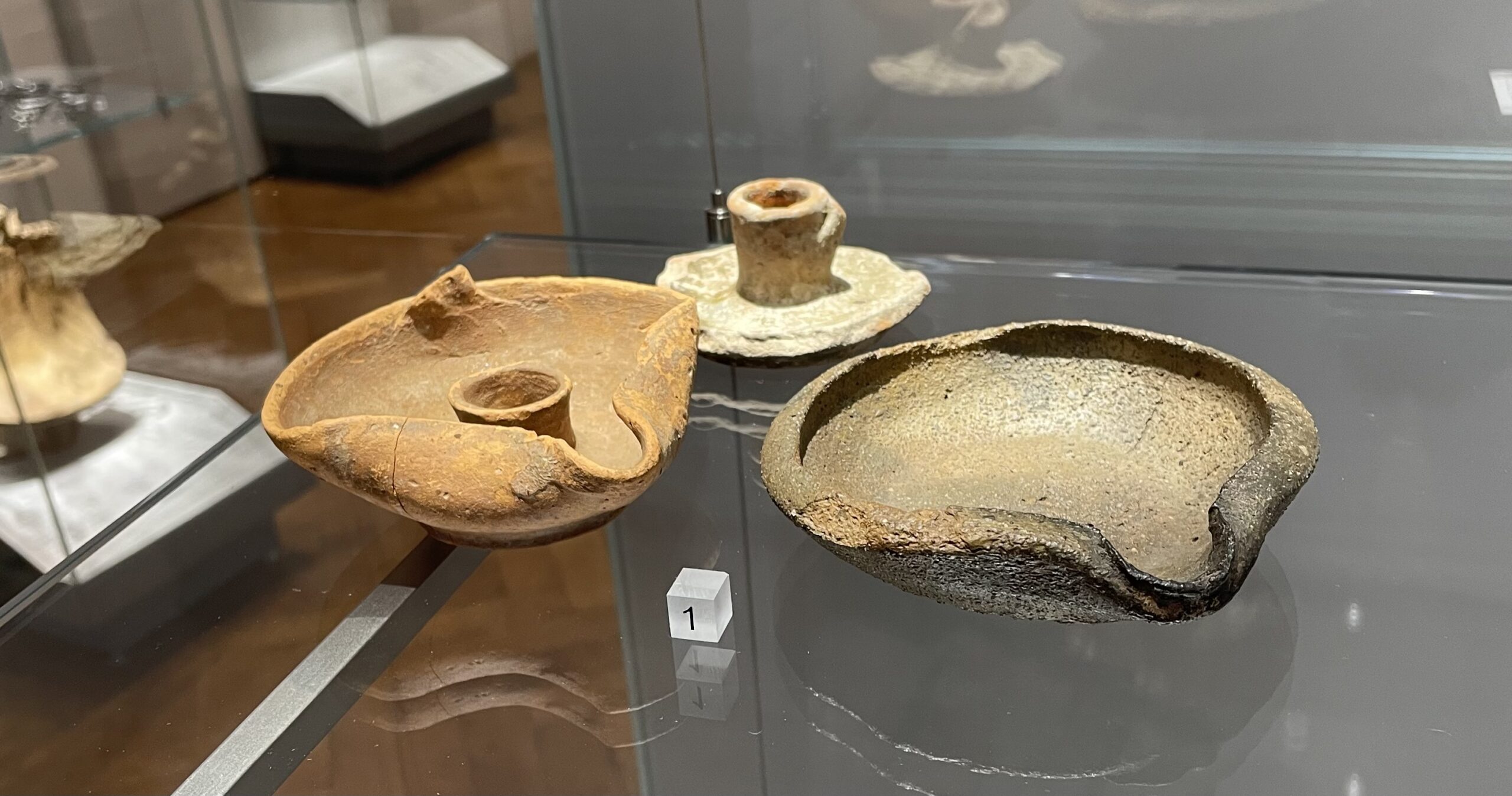Did you know that one of the biggest motivators in educating children and teens is curiosity? Researchers have likened curiosity to a mental itch …. giving those who have a desire to learn about something a feeling in their minds that must be satisfied – like scratching a mental itch. Unfortunately, most Bible class curriculum for children and teens does little if anything to encourage curiosity. In fact, one could argue that it stifles curiosity by teaching the Bible as merely a series of facts that should be memorized.

You don’t necessarily have to throw out that expensive curriculum you just purchased. It’s fairly easy to make simple tweaks to your Bible classes that will spark curiosity and give your students a mental itch for learning more about God and the Bible.
Here are some of our favorite ways to spark curiosity in Bible classes for children and teens.
- Make lots of room for students questions. Don’t limit questions to the current lesson. Provide ways they can ask questions about anything and everything spiritual. We have lots of posts on how to do that effectively in a Bible class setting.
- Drop hints about unusual Bible stories. Most students that attend church regularly are still only exposed to about 10-20% of what’s in the Bible. This means there are a lot of stories – many of them that will definitely make them curious – you can introduce to them. You don’t even have to change your curriculum. Tease the story and encourage them to read it and come back with their interpretation, questions or why they believe God might have included that story in the Bible.
- Give application challenges. Challenge them to take the principle(s) or commands from your lesson and figure out why they are important in real life. Have them observe and report back what happens when people follow those principles and when they don’t. If it is something they haven’t been doing, encourage them to do it for a week and see what happens. Do they notice any changes? Encourage them to be curious about why God gives us certain commands and principles to follow.
- Ask questions from the higher level of Bloom’s taxonomy. These types of questions are designed to encourage deeper thinking about a topic. Don’t just give them the right answers if they don’t know them, but encourage them to ask other Christians or do research to see if they can find the answers. You can find examples of how to ask higher level questions on our website.
- Service projects. Service projects can spark student curiosity about how people live their lives in ways different from their family or what kind of circumstances caused the need for people to be served. Older students may want to research the most effective ways to serve a particular need or how to best share their faith with those they are serving.
- Teaching. They say you often learn the most while teaching. Give teaching assignments that are short, but require the teachers to do a little research about a topic. Students who have a gift for teaching can be encouraged to explore their curiosity about the most effective ways to teach others.
- Asking “I wonder” questions. Godly play for younger children makes use of “I wonder” questions, but they can be asked without the play set aspect. Questions like, “I wonder why Jesus told a parable about bridesmaids not having enough oil for lamps” can spark student curiosity in a number of different directions.
- What if scenarios. Sometimes students think the commands and principles they are learning are pretty easy to understand and execute – even if they are struggling. Throwing in some scenarios they may have yet to encounter can spark their curiosity… what is the best way to handle that situation in a godly fashion?
- Bringing in unfamiliar objects. It’s fairly easy to get affordable reproductions of things mentioned in the Bible that are unknown to students. Or unfamiliar foods or depictions of people in the Bible (usually rulers from other nations). Exploring these hands on objects also involves other senses, adding to the learning process.
- Challenge questions. These can be tough, trivia or personal (like what’s your favorite Psalm). Something that will drive them to scripture to find the answers. (These work especially well with students who know the Bible fairly well and are competitive by nature.)
- Asking what does God want us to learn from this story or why do you think God included this story in the Bible. There’s not always an easy answer, but the question and the discussion can spark curiosity.
- Encourage interviewing older Christians. How have they seen God working in their lifetime? How have they used the gifts God gave them to serve Him? Some of the most mild mannered seeming older Christians have led fascinating lives filled adventures serving God. Once they’ve found one of these people, your students will likely be curious as to what other stories are sitting in the pews around them.
There are many ways to spark curiosity in young Bible students. The more you can give them that mental itch, the more interested they will be in learning more about God and the Bible.




